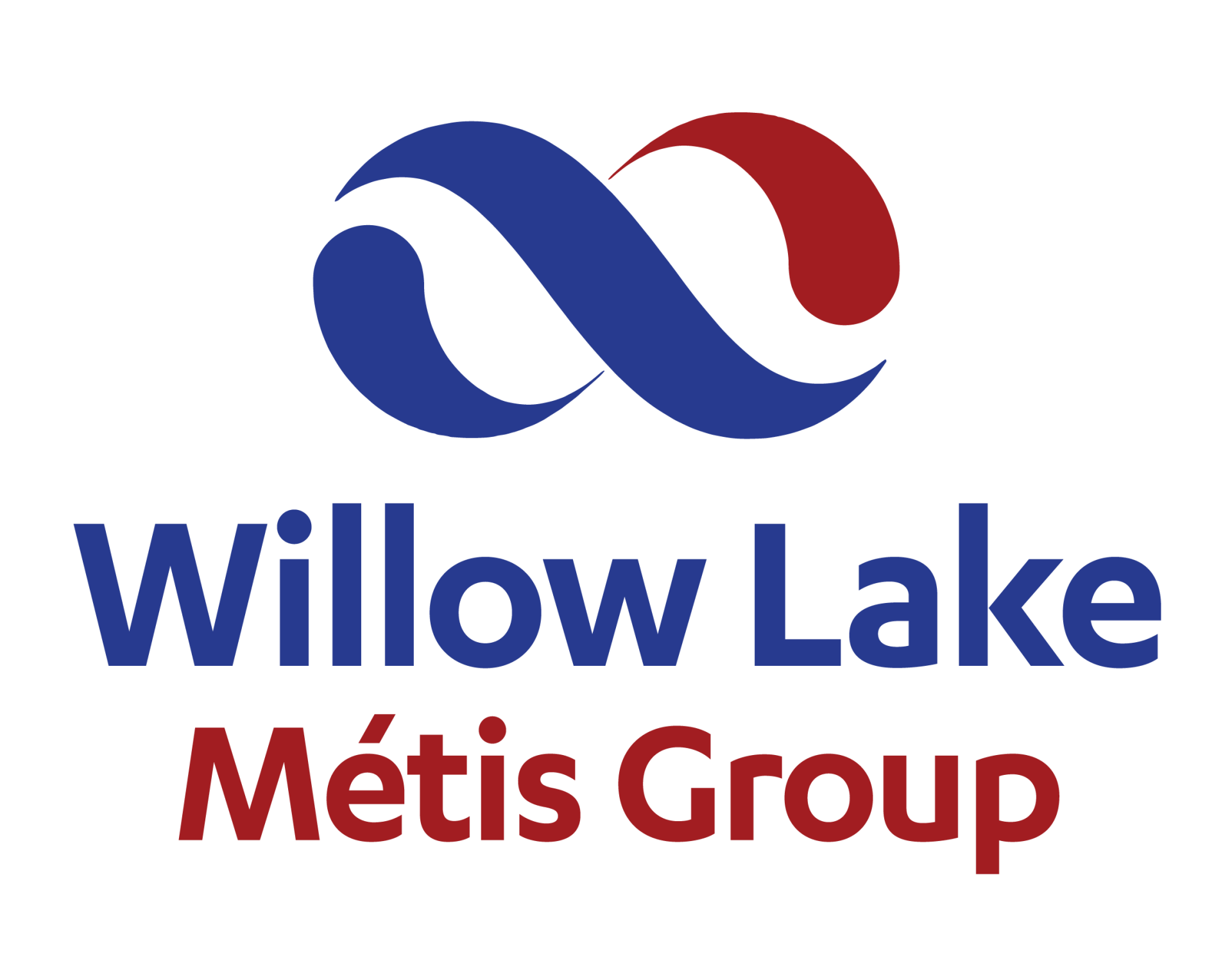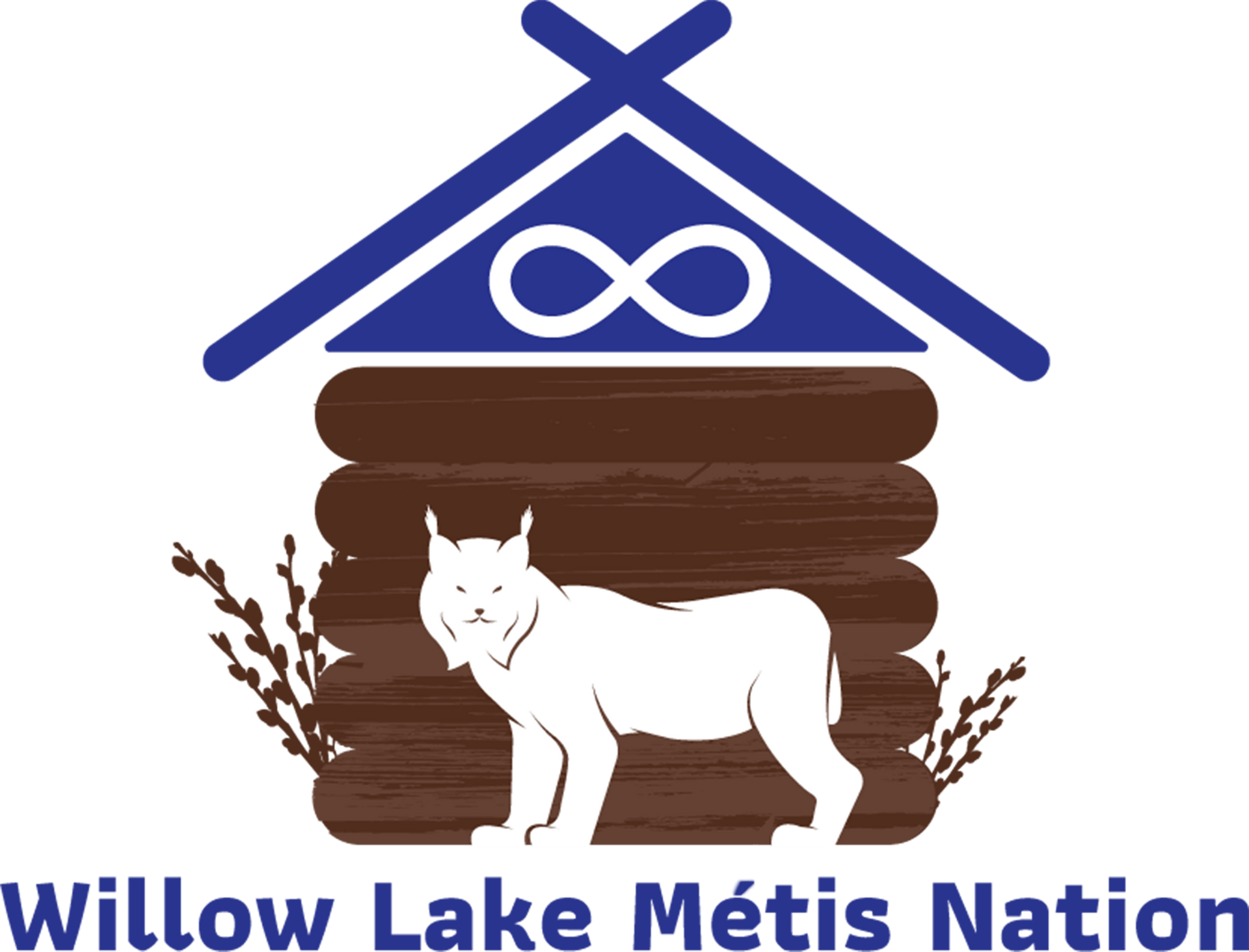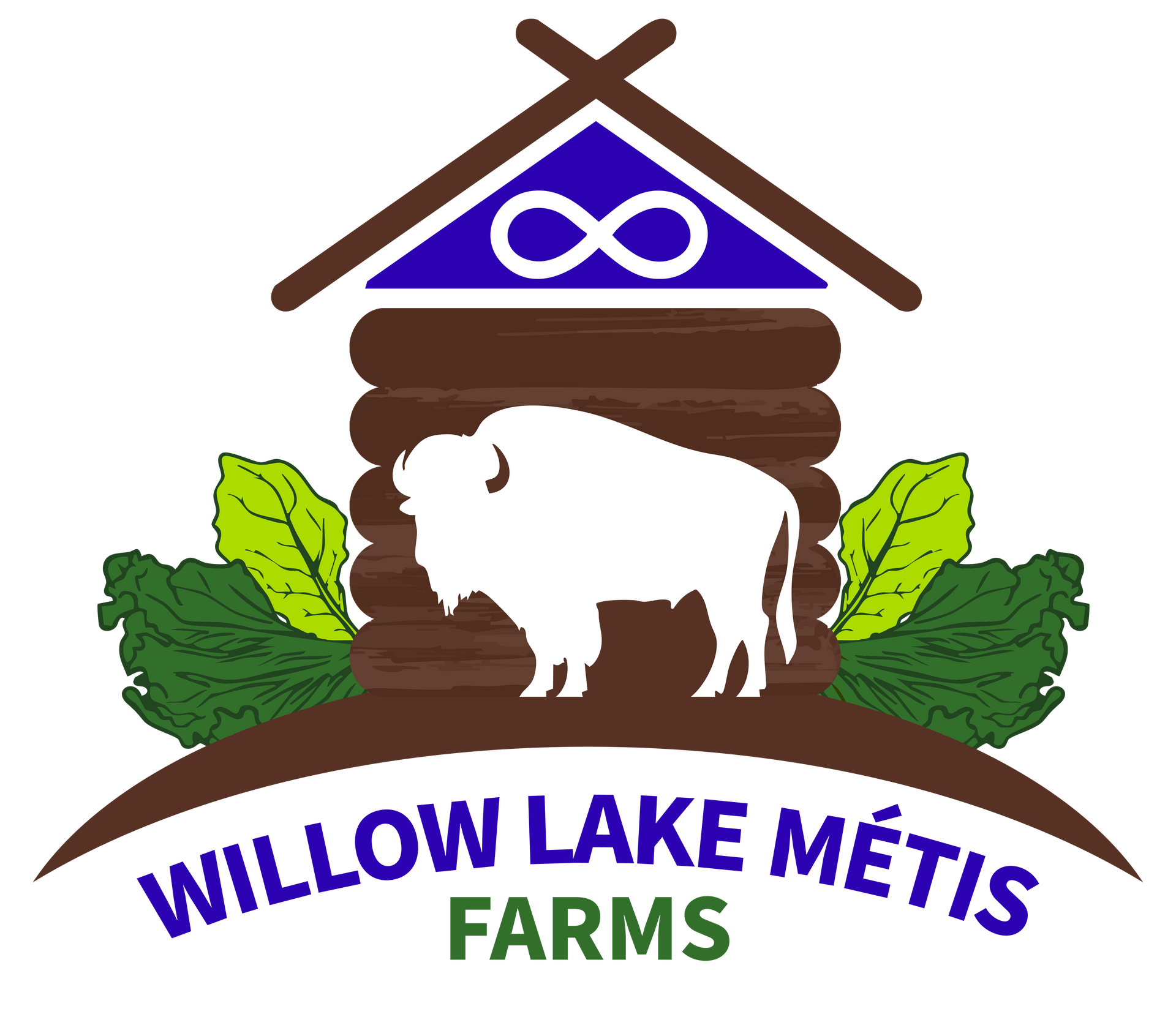For the Citizens of Willow Lake Métis Nation (WLMN), culture is not just history—it’s a living, breathing way of life.
Rooted in the land, water, and traditions passed down through generations, WLMN’s cultural retention efforts are about preserving knowledge, strengthening identity, and ensuring that Métis ways continue to thrive for generations to come.
Living in Balance with the Land
Métis identity is deeply connected to the land. As Kyle Whitford, WLMN’s Indigenous Guardian, describes, “My role is to be the voice for the land, the water, and the animals around us.”
The traditional practices of hunting, fishing, and trapping are more than survival skills—they are acts of stewardship. These practices teach respect for nature and reinforce the belief that all elements of the ecosystem are interconnected.
Cultural retention at WLMN means ensuring that future generations understand this relationship. Through the Nation’s on the land initiatives like fish camps, harvest camps, and berry-picking gatherings, knowledge keepers share essential teachings about sustainable harvesting, land stewardship, and traditional food systems. These opportunities are not just about learning Métis traditions; they are about living them.
Sharing Knowledge Across Generations
Knowledge is meant to be shared, not stored away.
For many Métis families, cultural teachings are passed down informally—through time spent on the land, storytelling, and community gatherings. Kyle recalls growing up with his grandfather, learning to trap, hunt, and live off the land. “I couldn’t tell you the first time I went hunting because I was doing it before I could even remember,” he shares.
Today, WLMN ensures that these teachings remain accessible by opening their cultural camps to anyone willing to learn. Métis and non-Métis people alike are invited to experience firsthand the harvesting traditions that sustain both people and the land.
“It’s not just about retaining our culture,” Kyle explains. “It’s about showing others what Métis ways truly are.”
Bridging Traditional Knowledge and Western Science
In a world where industrial development and environmental concerns often collide, WLMN is working to bring balance. The Nation’s sustainability department is integrating Métis knowledge with Western science to monitor and protect the land. Programs like the Oil Sands Monitoring program allow the community to scientifically validate what Elders and land users have always known—that environmental shifts impact everything.
Kyle highlights the importance of this approach: “For years, Elders have said the moose are getting more ticks, that the water is changing, that the land is shifting. Now, we can prove it in ways that industry and government understand.”
This ability to translate traditional knowledge into data strengthens WLMN’s advocacy efforts and ensures that Indigenous voices are heard in environmental decision-making.
Strengthening Métis Identity Through Community
Métis culture is not just about land use—it’s also about the values that hold the community together.
Generosity, sharing, and hospitality are at the heart of WLMN’s cultural retention efforts. As Kyle recalls, “Growing up, my grandmother always had food ready for visitors. If we got a moose, we shared it with the Elders and families in need.”
This spirit of community continues today. Whether through organized cultural programs or informal knowledge-sharing, WLMN ensures that Métis traditions of care, respect, and togetherness remain strong.
Looking to the Future
Cultural retention is about securing a future where Métis ways of life continue to thrive.
Willow Lake Métis Nation’s efforts to blend traditional knowledge with modern tools, pass down teachings, and advocate for environmental stewardship all contribute to a legacy that will last for generations.
As Kyle puts it, “I want my work to pay off 50, 60 years from now. I want my nieces and nephews to be able to look back and say, ‘Kyle and the sustainability team made sure our ways were still here.’”
Through cultural retention, WLMN is ensuring that Métis identity remains not just a memory, but a way of life.




